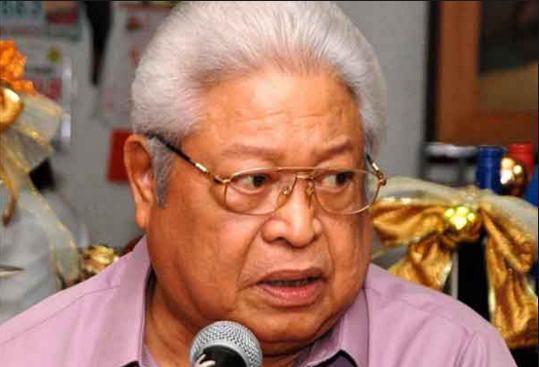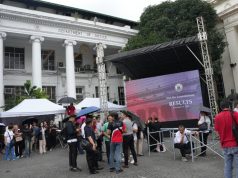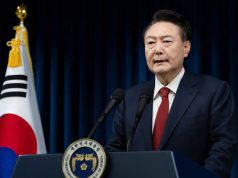The raging armed conflict in the Islamic City of Marawi constitutes not actual rebellion but terrorism.
This, in a nutshell, was the contention proffered by Albay Representative Edcel Lagman in the first day of oral arguments at the Supreme Court tackling the declaration of martial law by President Rodrigo Duterte covering the entire island of Mindanao.
Lagman said there is a difference between rebellion and terrorism, and there was no factual basis for the declaration of martial law.
Albay Rep. Edcel Lagman argued that the armed conflict was actually triggered by government action, adding further that the declaration was made without the recommendation of and consultation with the Department of National Defense.
“Terrorism does not equate to rebellion … Acts of terrorism are not necessarily equivalent to actual rebellion and the consequent requirement of securing public safety to justify the assailed declaration and suspension,” Lagman told the high court.
He argued that the armed conflict was actually triggered by government action, adding further that the declaration was made without the recommendation of and consultation with the Department of National Defense.
“Defense and military officials have admitted that the current armed conflict in Marawi City was government-initiated and the armed confrontation was precipitated by the military operation to neutralize or capture Hapilon, which was resisted by the Maute Group. Consequently, the alleged ‘siege’ of Marawi City is actually an armed resistance by the Maute Group to shield Hapilon from capture, not to overrun Marawi and remove its allegiance from the Republic.”
Another petitioner contesting the martial law declaration, Atty. Marlon Manuel, underscored: “The petitioners do not intend to dilute the violence and terror that exits in Marawi, or the gallant sacrifices of our soldiers and our police officers in the field.
“We assert, however, that military might can be exercised without the imposition of martial law or the suspension of the privilege of the writ of habeas corpus.
“The president is not powerless. Indeed, even without martial law or the suspension of the privilege of the writ, the president is still the most powerful official of the land.”
The petitioners stressed their fear about the potential spread of abuses reminiscent of the Marcos-era martial law.
Supreme Court Associate Justice Mariano del Castillo asked at one point: “”Has anyone among the petitioners been to Marawi City since the President declared martial law? … It would really be difficult to say that the situation there does not amount to rebellion. I mean, you have not been there. You have not been on the ground. You don’t know what the situation is there. How can you now dispute the … sufficiency of the factual basis for the declaration?”
Came the rejoinder from Lagman: “The petitioners need not be in Marawi city before, during and after the proclamation, because the assessment and review where there is sufficient factual basis for the declaration is the presidential proclamation itself, and the report to the Congress based on the presidential proclamation, and the report to Congress. We submit that there is no factual, sufficient factual basis, for the declaration of martial law … There are only conclusions of fact, conclusions of law … Many of the facts there recited subsequently turned out to be false, inaccurate.”
Click and watch this video report below:










